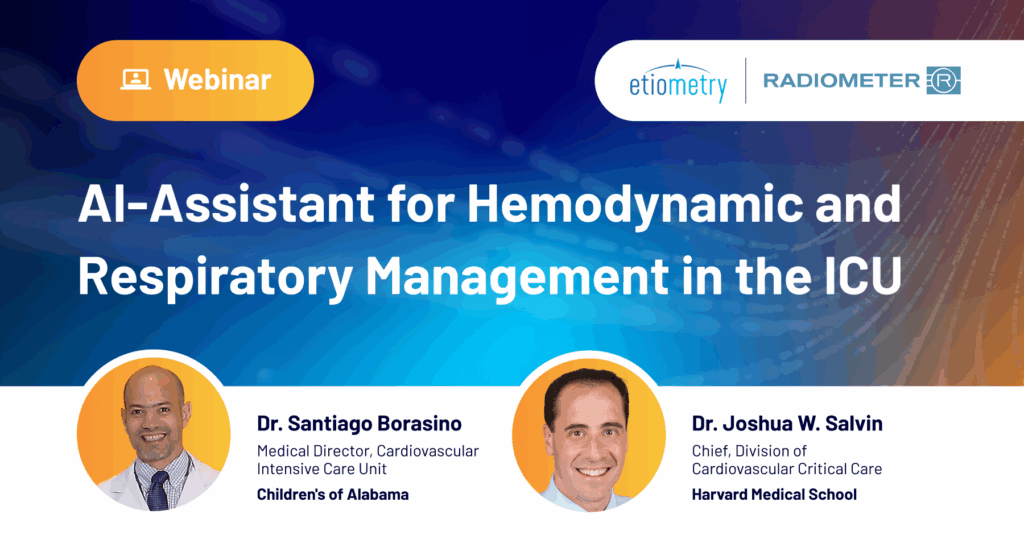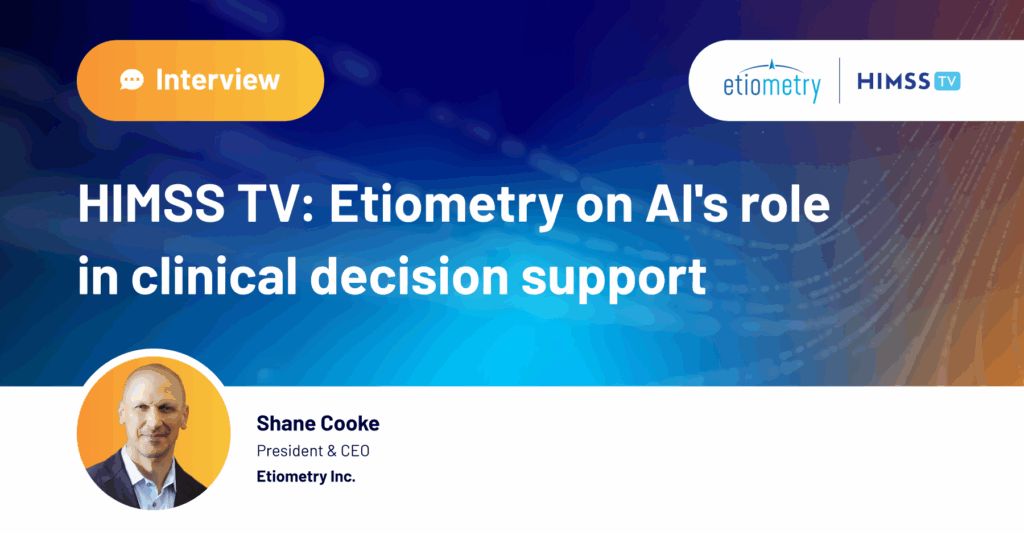Why Cardiogenic Shock Is a Hospital-Wide Concern, Not Just a Cardiology Issue
Blog
Cardiogenic shock (CS) remains a critical issue in hospitals nationwide, primarily due to delayed identification, which leads to poor patient outcomes. Despite advances in diagnosis and treatment, CS still results in an unacceptably high death rate, with short-term mortality rates at around 40–50%. The condition increases the mortality of patients with acute myocardial infarction (AMI) or heart failure (HF) eightfold. A crucial factor contributing to this high mortality is the difficulty in detecting and treating the condition early enough to reverse negative clinical outcomes.
Cardiogenic Shock: A Hospital-Wide Concern, Not Just a Cardiology Issue for Case Review
Contrary to common belief, CS does not exclusively originate in the Intensive Care Unit (ICU); instead, initial signs frequently appear across several hospital departments. Early identification of high-risk patients before the development of CS might prevent the condition’s progression and ultimately improve survival rates through timely preventive measures. While historically viewed primarily as a cardiology problem, CS impacts multiple clinical areas, from pre-hospital emergency responders to general ward nurses.
Clinicians often miss early signs of CS because its symptoms can mimic less severe conditions, and patient deterioration frequently occurs gradually, obscuring the urgency of the situation until it becomes critical. Subtle indicators such as changes in heart rate, blood pressure, and respiratory rate may initially appear innocuous, delaying a timely clinician response. Traditional Electronic Health Records (EHRs), while valuable for documentation, typically lack the capability to provide real-time alerts that would enable immediate response to these subtle yet critical changes in patient status. Furthermore, clinical teams often face information overload, with numerous patient alerts, alarms, and documentation tasks competing for their attention.
The Mandate for Unified, Interdisciplinary Care
The Society for Cardiovascular Angiography and Interventions (SCAI) emphasizes that CS management requires an integrated approach. Successful CS management must transcend departmental silos, advocating for standardized protocols across all hospital settings to ensure rapid identification and intervention regardless of where a
patient initially presents. The SCAI updated its widely used staging system in 2022 to categorize CS severity based on hemodynamic status, hypoperfusion markers, and the use of advanced circulatory support, ranging from A (at risk) to E (extremis). Higher SCAI stages consistently correlate with higher short-term mortality.
Timely clinical recognition of CS is consistently linked with improved patient outcomes. To achieve this, effective management requires early recognition by all care providers, not only cardiologists. Hospitals can implement effective CS management by taking critical steps, including:
- Building a multidisciplinary shock team: This dedicated team should comprise various specialists, including nurses, cardiologists, intensivists, emergency department (ED) staff, surgeons, and heart failure specialists, to facilitate early diagnosis, repeated assessment, and rapid decision-making.
- Adopting standardized protocols hospital-wide: This involves standardizing institutional CS care and training staff across all departments to ensure consistent management and escalation processes.
Conclusion
Cardiogenic shock is one of the most fatal complications in cardiac care, far exceeding the confines of the ICU. Early recognition and timely intervention through hospital-wide strategies show strong evidence for improving patient outcomes, reducing the strain on clinical teams, and potentially achieving substantial healthcare savings. By adopting a unified, data-driven approach across the entire hospital, healthcare systems can move beyond fragmented care to a truly integrated strategy, transforming how CS is identified and managed, ultimately saving lives.
Contact Us
References
Sinha, S, Morrow, D, Kapur, N. et al. 2025 Concise Clinical Guidance: An ACC Expert Consensus Statement on the Evaluation and Management of Cardiogenic Shock: A Report of the American College of Cardiology Solution Set Oversight Committee. JACC. 2025 Apr, 85 (16) 1618–1641. https://doi.org/10.1016/j.jacc.2025.02.018
Early Prediction of Cardiogenic Shock Using Machine Learning https://pubmed.ncbi.nlm.nih.gov/35911549/
The Lancet: https://www.thelancet.com/journals/lancet/article/PIIS0140-6736%2824%2901818-X/fulltext
References to earlier recognition are based on published research and do not imply predictive or diagnostic functions of the Etiometry Platform.


